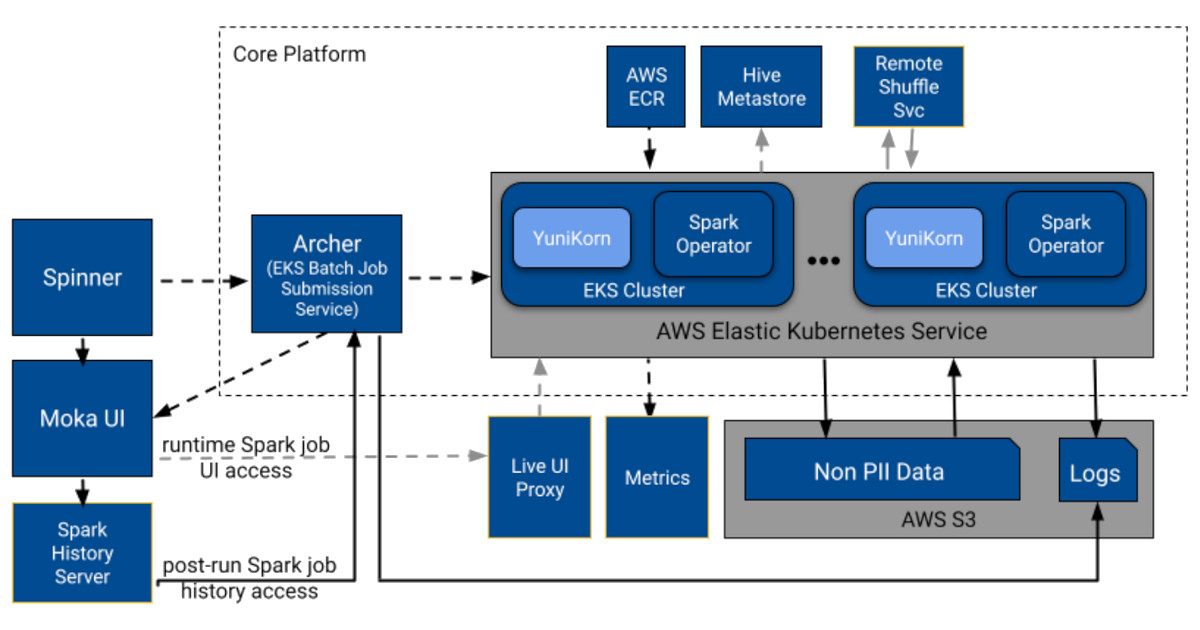Perl was once everywhere. Or at least it felt that way. Around the turn of the millennium, it seemed that almost every website was built on the back of this scripting language. It processed massive amounts of text—mechanisms for doing this powerfully and easily were part of the language—and it was even used in bioinformatics, munging and churning through genetic data. Based on one list, the companies that used Perl ranged widely: Amazon, Google, Yahoo, Deutsche Bank, Akamai, Citibank, Comcast, Morgan Stanley, Mozilla. A lot of Craigslist was programmed in Perl.
Even at its peak use, the popularity of Perl was always a bit surprising. Perl is an undeniably messy language. It’s often referred to as the “duct tape of the internet,” with programmers joking that it’s a “write-only” language: You write in it but seldom read it (at least successfully).
There is an amalgamated mashup nature to Perl, all in service of its motto: “There’s More Than One Way to Do It.” Just as there are synonyms in English, Perl has a variety of approaches to writing the same thing. While this is a common feature of programming languages to a certain degree, Perl seems to want to knock you over the head with it. There are multiple ways, for example, of writing conditional statements, from using the traditional “if” to “unless”; to writing an if statement backward in a single line; to even a three-part operator that involves a question mark and a colon. I have a distinct memory, in the early 2000s, of writing code in Perl one day, and the next day not understanding what I had written.
But this clutter and baroque structure are in fact intentional and part of the broader philosophy that underlies Perl. The language’s creator, Larry Wall, was trained in linguistics, and his intention was to become, along with his wife, a missionary involved in rare languages. Wall ended up taking a different path and fully embraced coding. But his deep thoughts around how languages work never left him.
Wall’s perspective seemed to be that an obsession with linguistic purity was overrated. English has words from French, Greek, German, and even Akkadian, betraying its winding history and multifarious origins. We split our infinitives and dangle our modifiers. We have puns, both intended and not. So what’s a little bit of strangeness when it comes to how to write an if statement? Wall viewed evolution as part of the process of language development. There is an organic process going on here, and the final products needn’t be orderly. And so, a broad—and nonjudgmental—approach to language construction is vital, whether it’s a language designed to write scripts or sonnets.
Perl has its “more than one way” to do things and English has its numerous styles and flexible nature, a nature that can contain everything from cooking recipes to haikus, shopping lists to Faulkner. That is the sign of something that is truly open-ended. As Wall once said: “I’m a firm believer that a language … ought to be an amoral artistic medium.” If Perl has any overarching vision or dogma, it’s merely the fact that, perhaps, there shouldn’t be programming dogma at all.
To be clear, I was never a deep user of Perl. Its syntax and messiness overwhelmed its power for me, and when I was introduced to the well-ordered structure of Python, I ran to that language and never really looked back. This might in fact be a hint as to why the language lost its luster. Even in 1998, during its heyday, there were suggestions that Perl’s bloat might lead to a desire to jump to something “cleaner.” Whatever the reason, Perl is no longer as popular as it once was.










